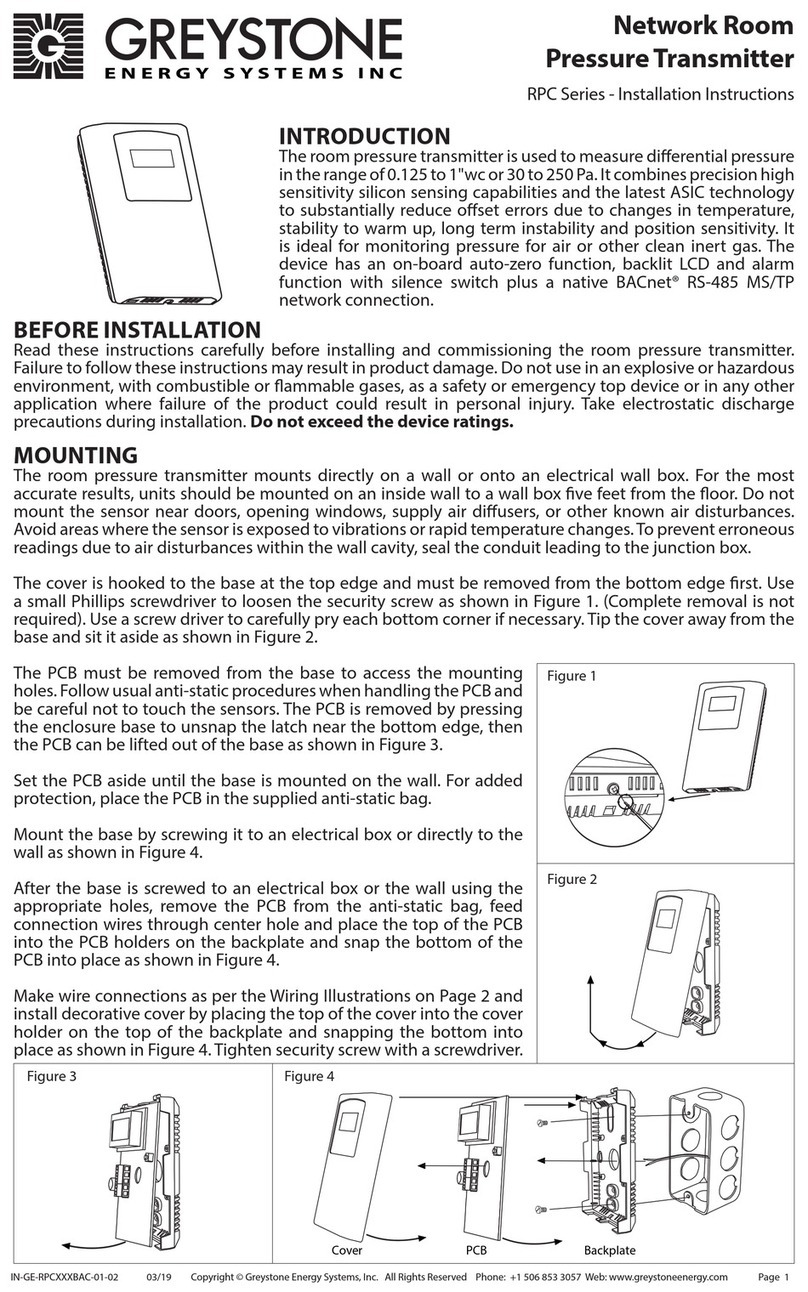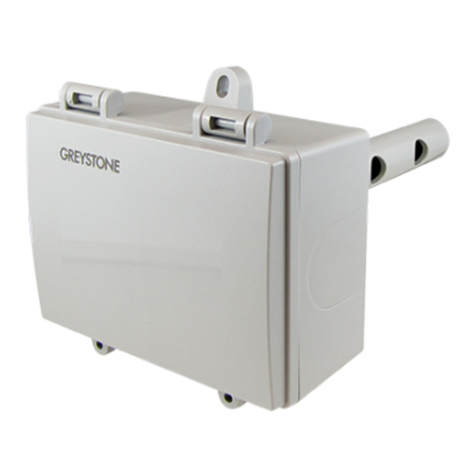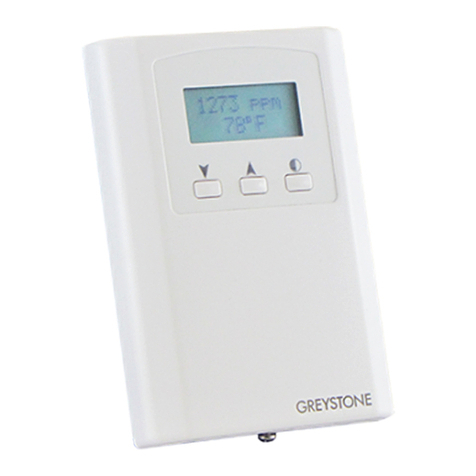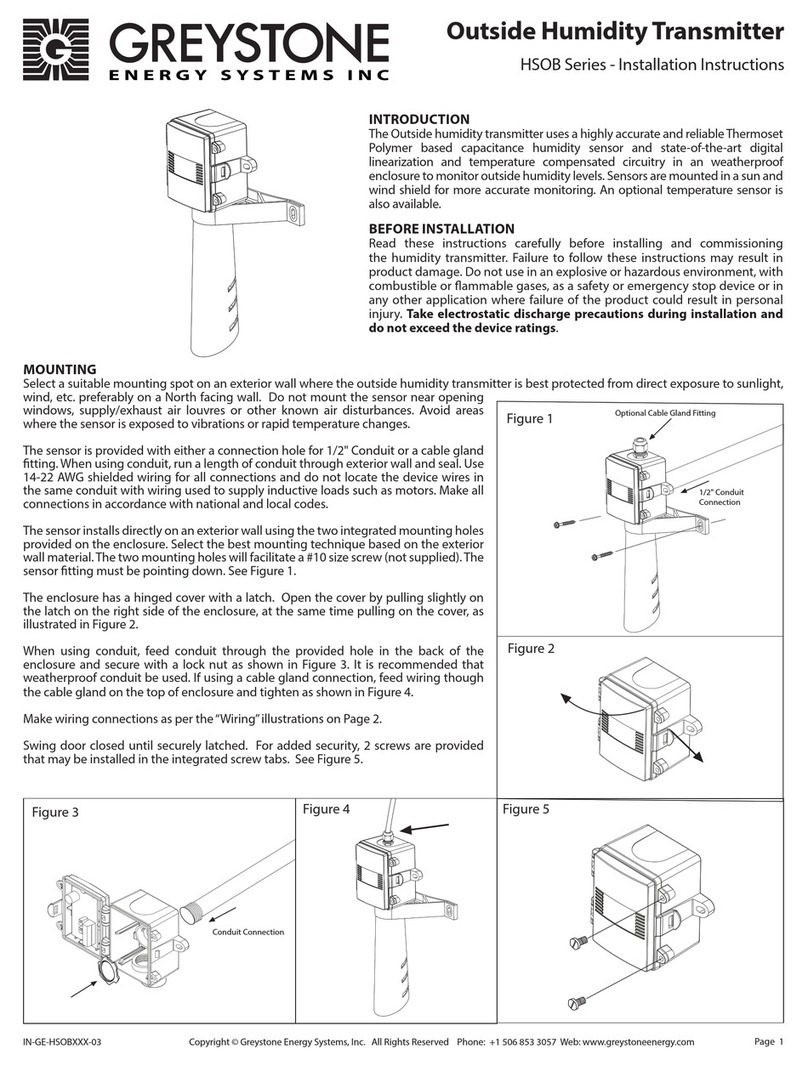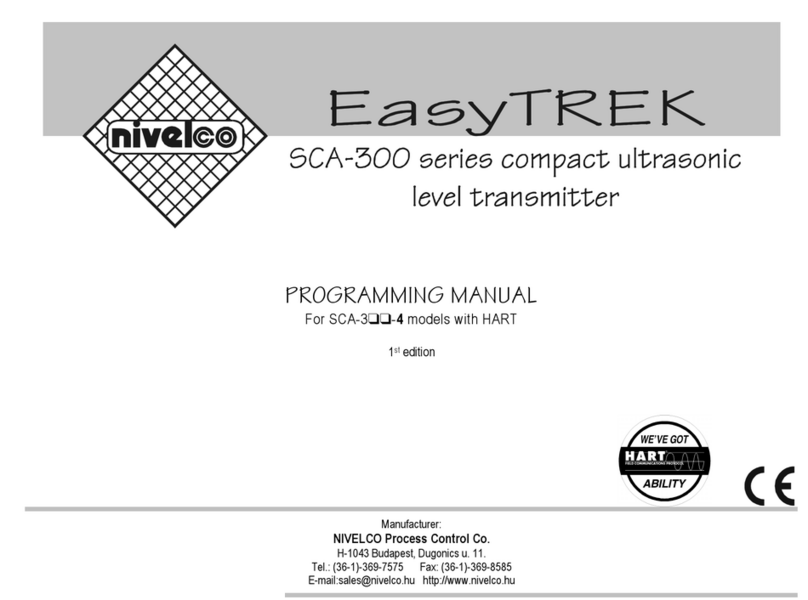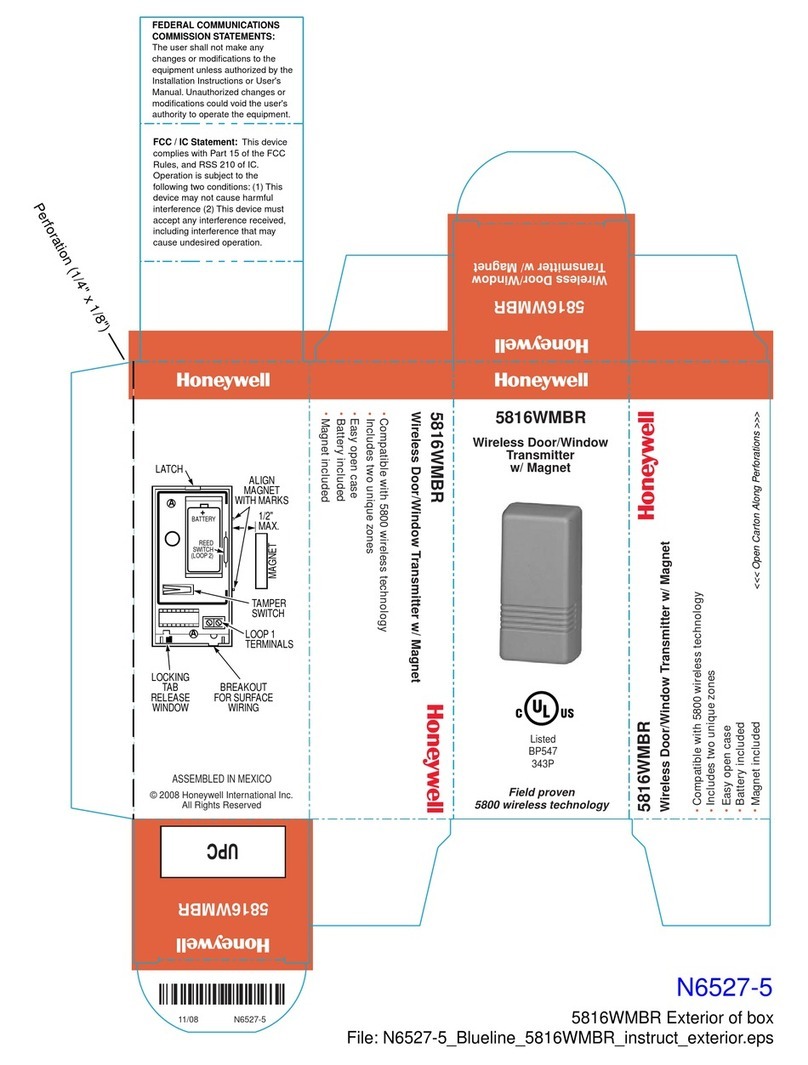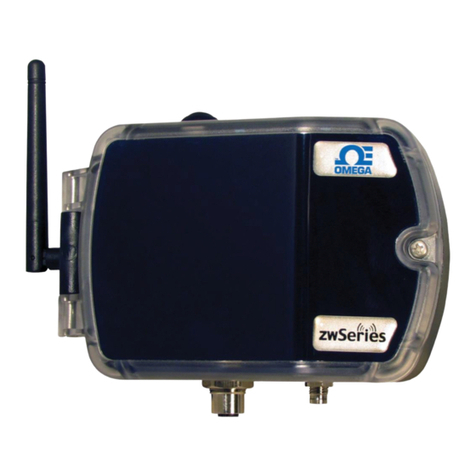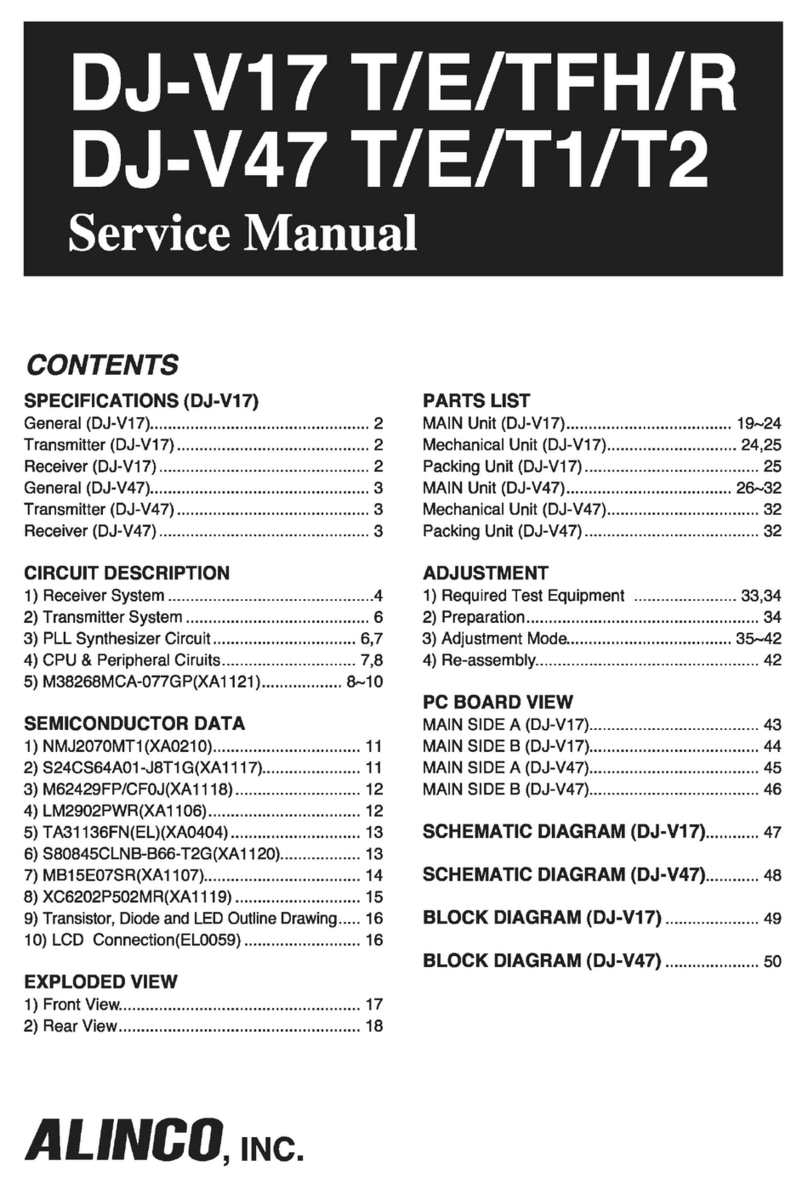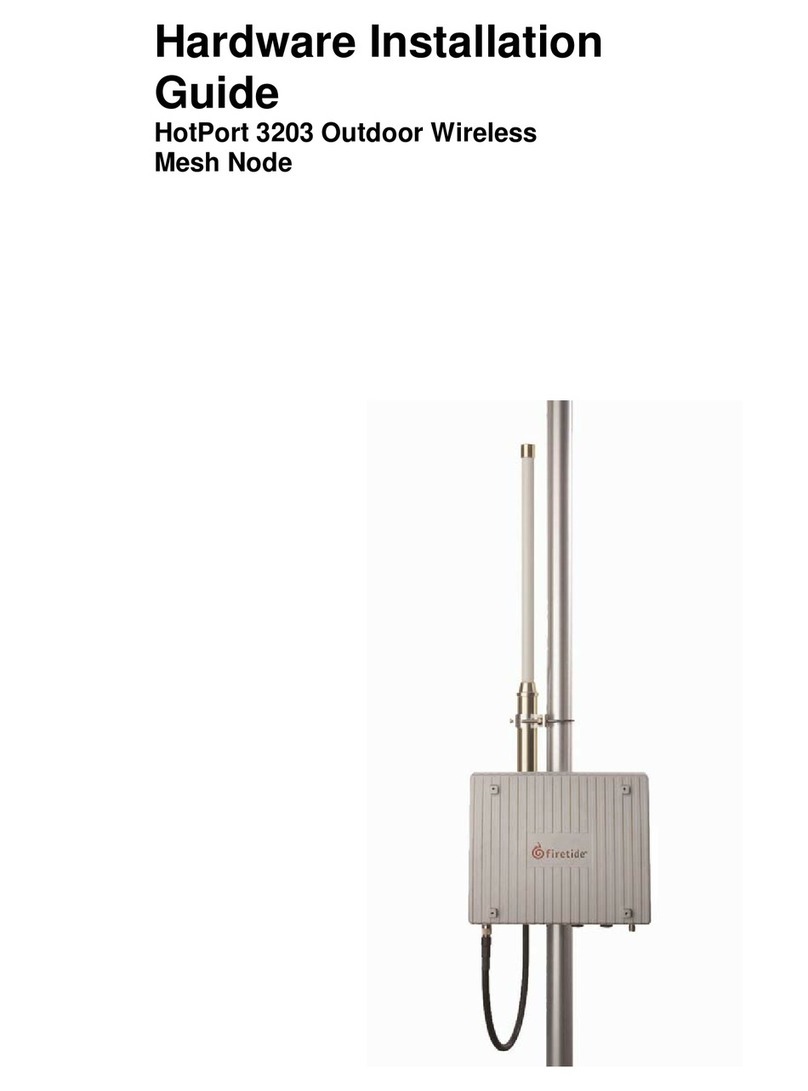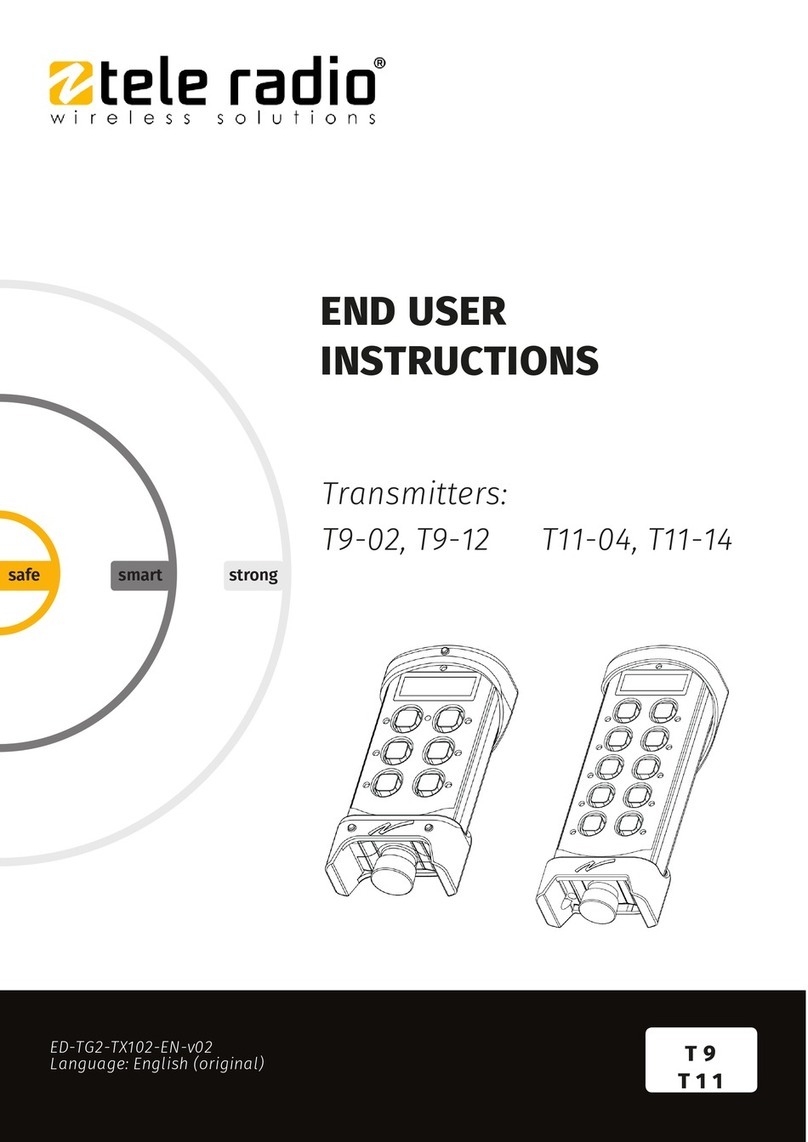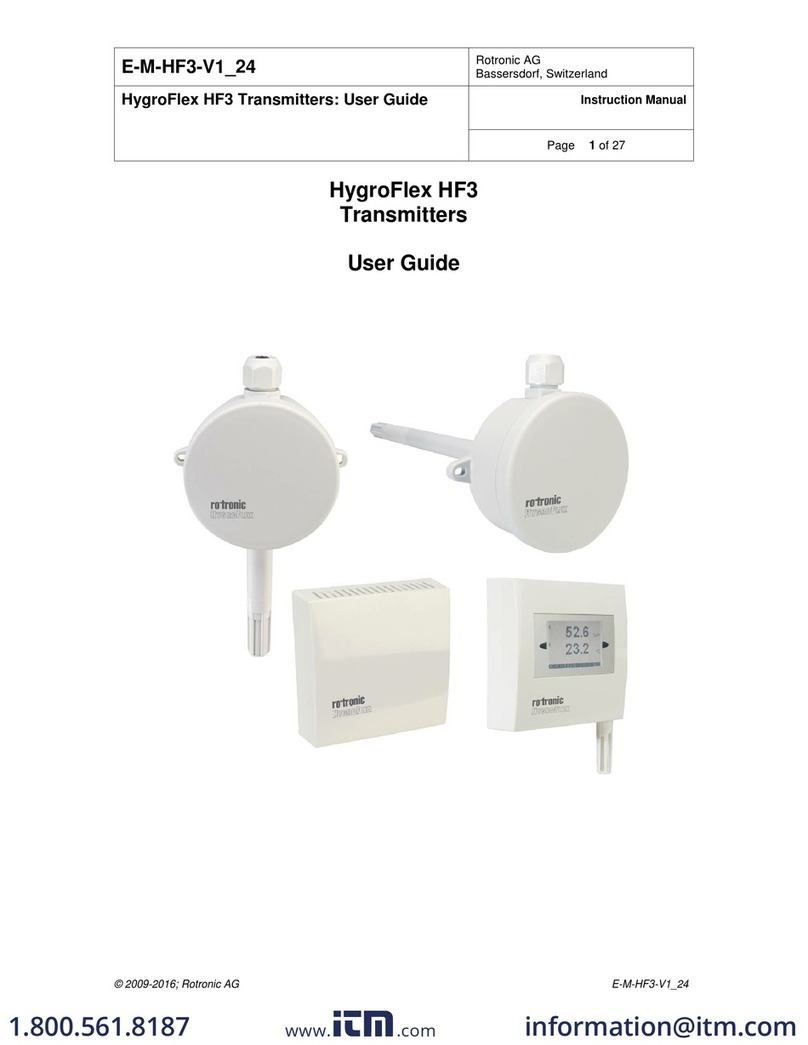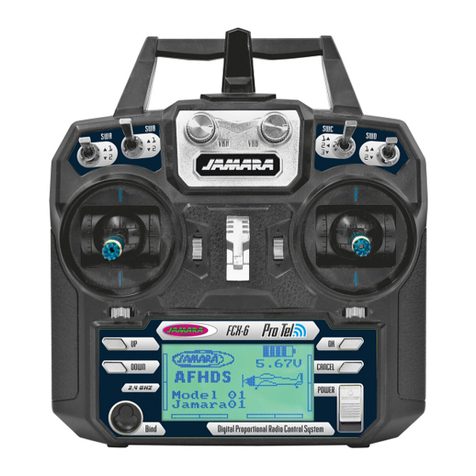Greystone Energy Systems TE500AS Series User manual
Other Greystone Energy Systems Transmitter manuals
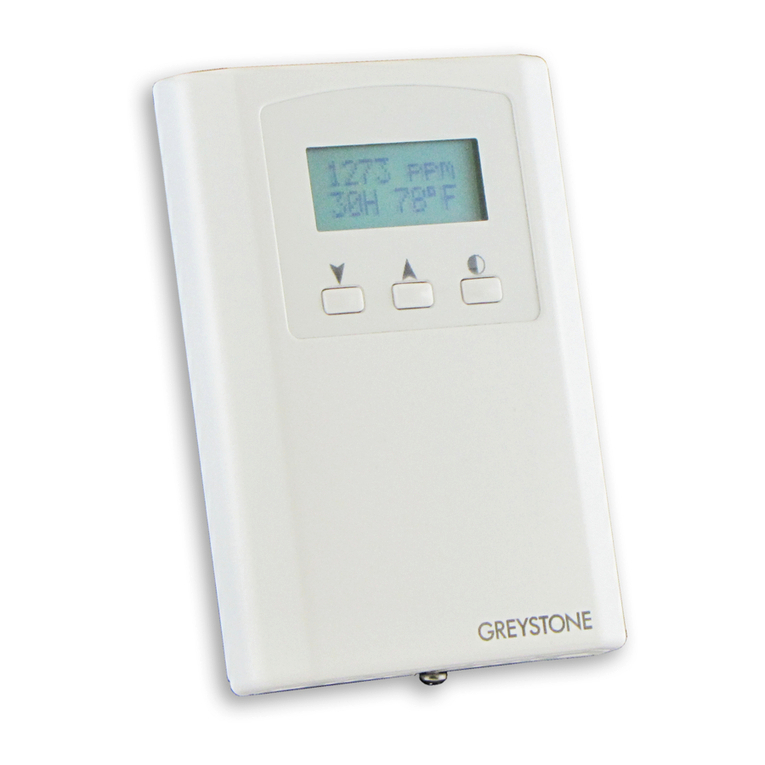
Greystone Energy Systems
Greystone Energy Systems CDD3B1 Series User manual
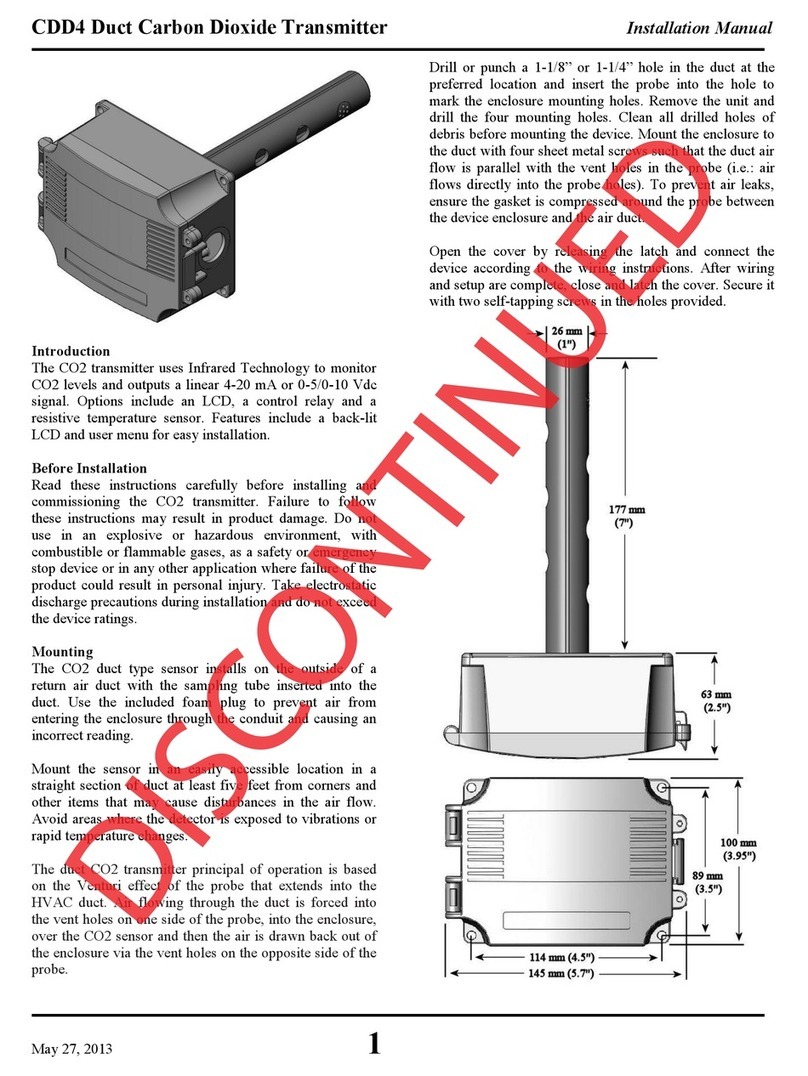
Greystone Energy Systems
Greystone Energy Systems CDD4 User manual
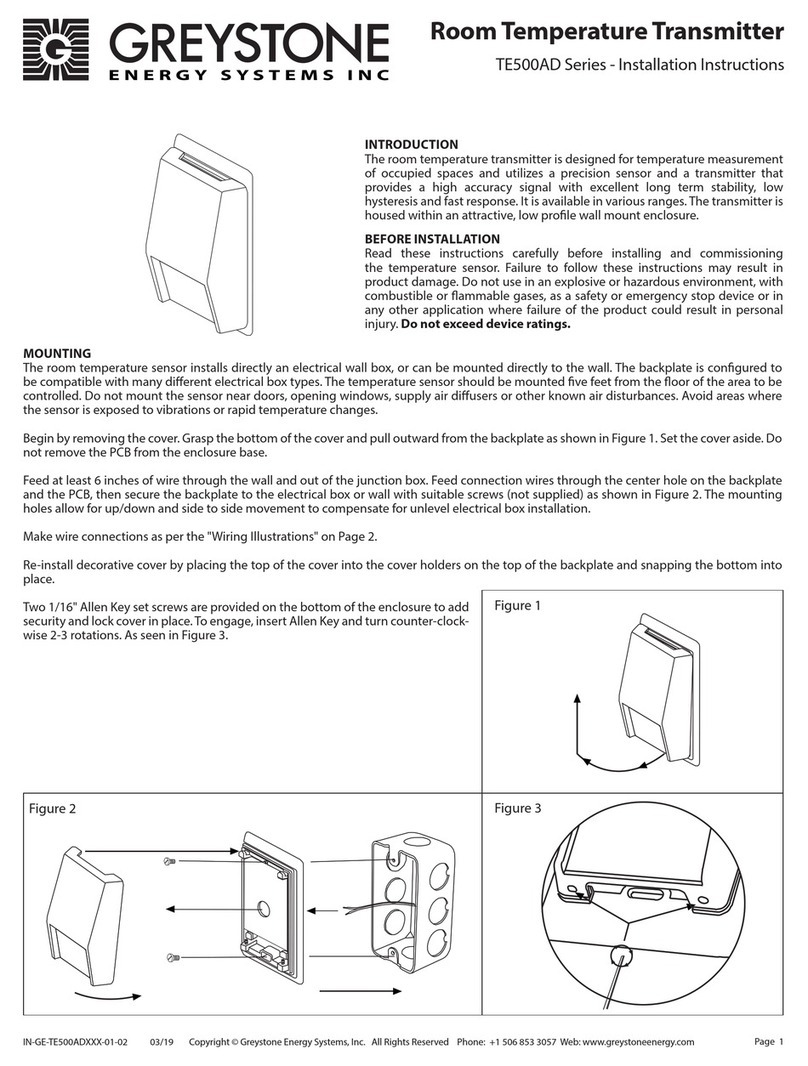
Greystone Energy Systems
Greystone Energy Systems TE500AD Series User manual
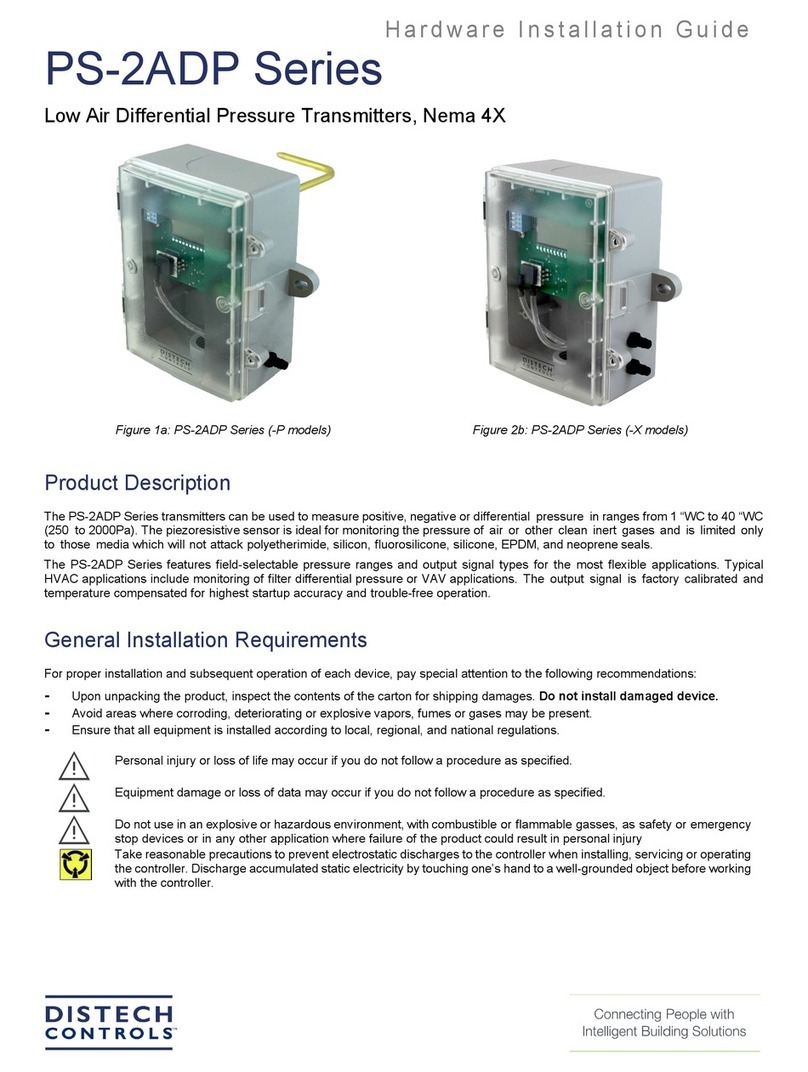
Greystone Energy Systems
Greystone Energy Systems PS-2ADP Series Manual
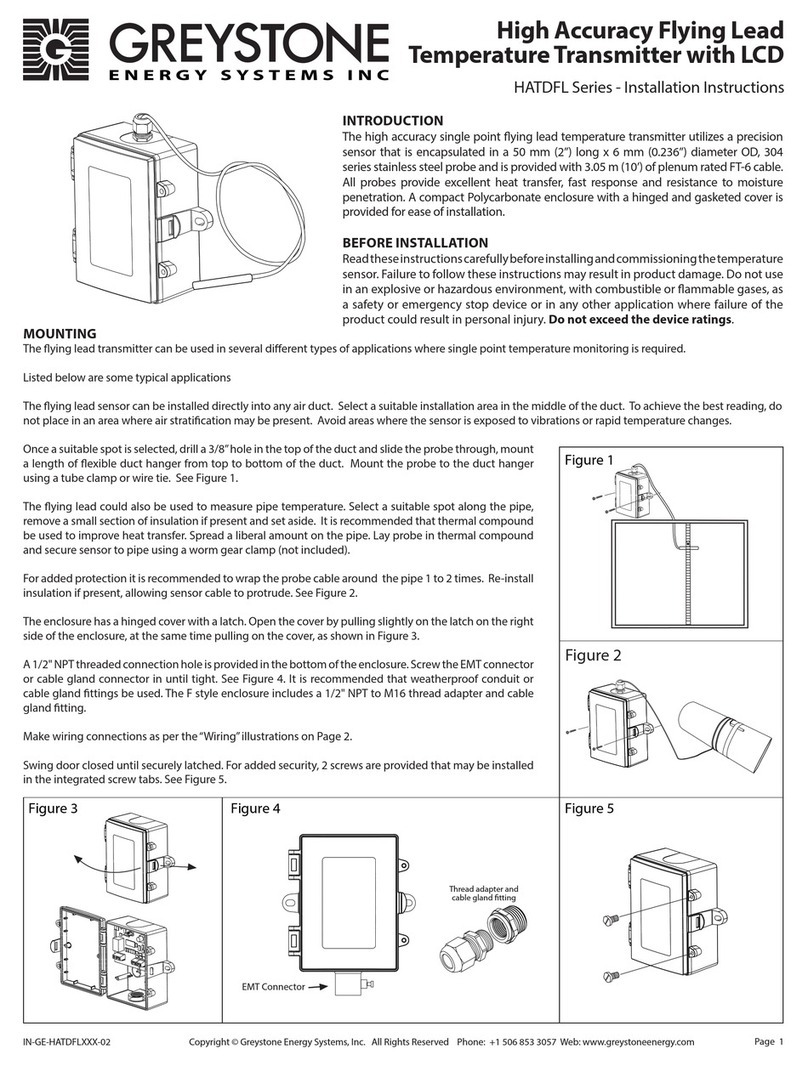
Greystone Energy Systems
Greystone Energy Systems HATDFL Series User manual
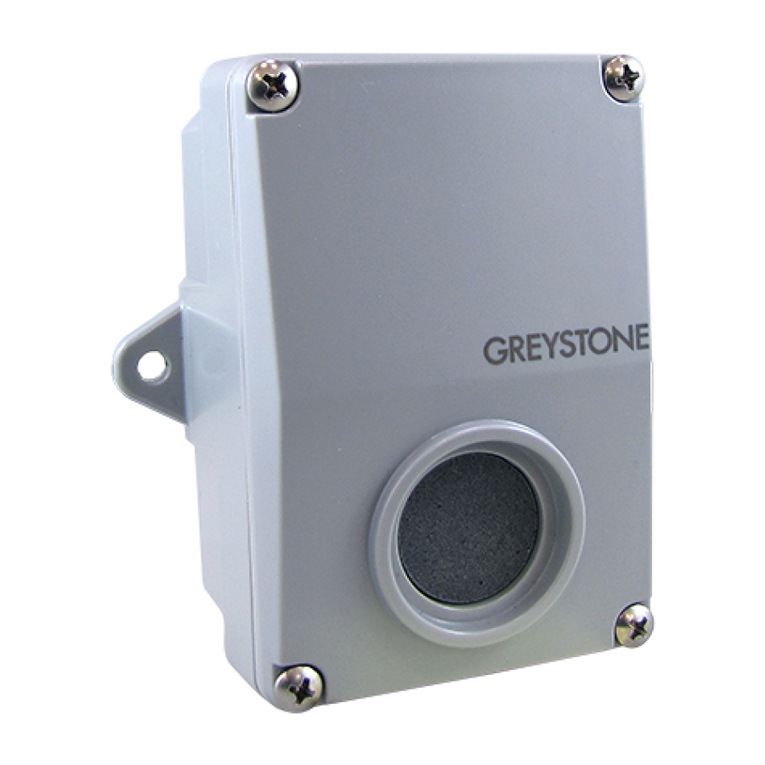
Greystone Energy Systems
Greystone Energy Systems CMD5B1000 Series User manual
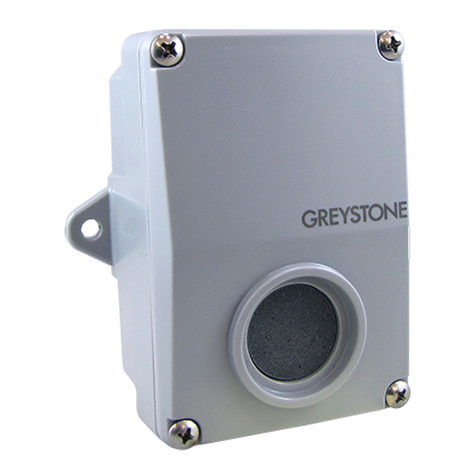
Greystone Energy Systems
Greystone Energy Systems CMD5B1 010 Series User manual
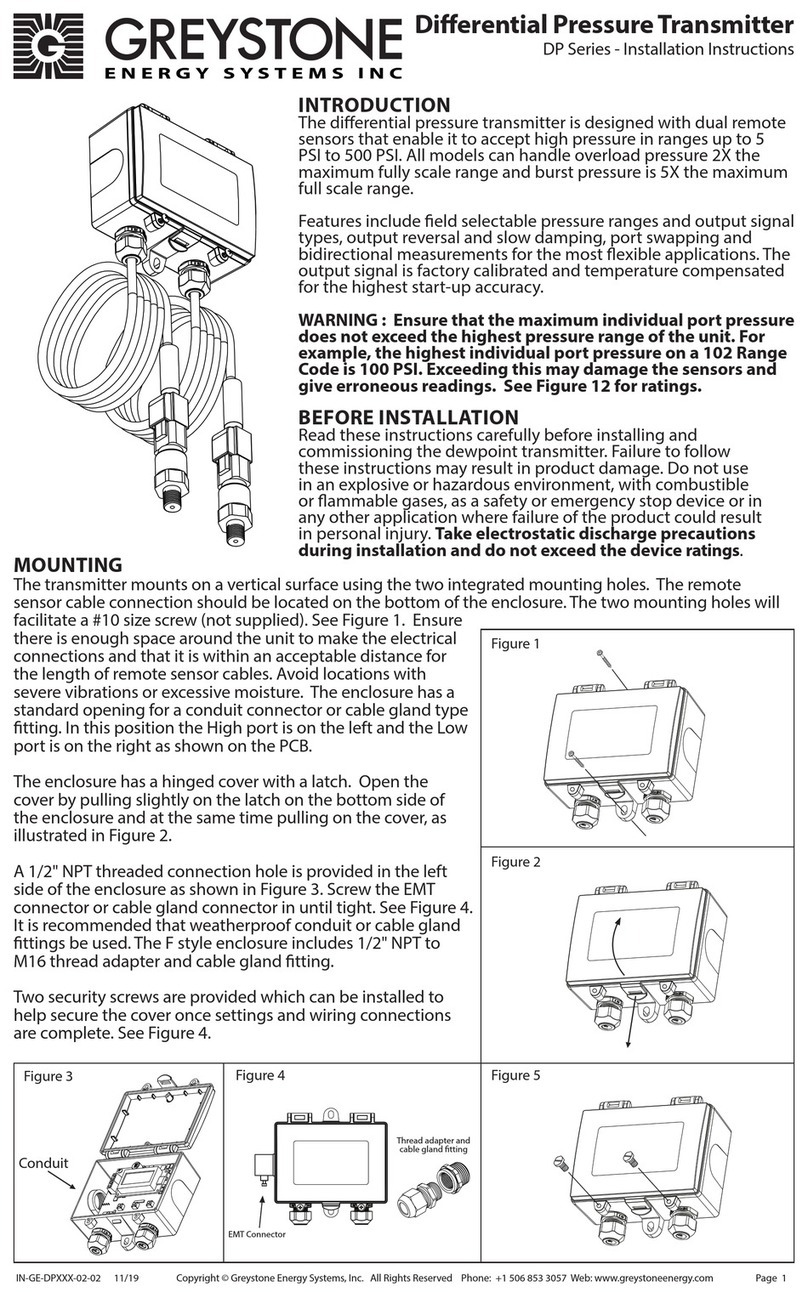
Greystone Energy Systems
Greystone Energy Systems DP Series User manual
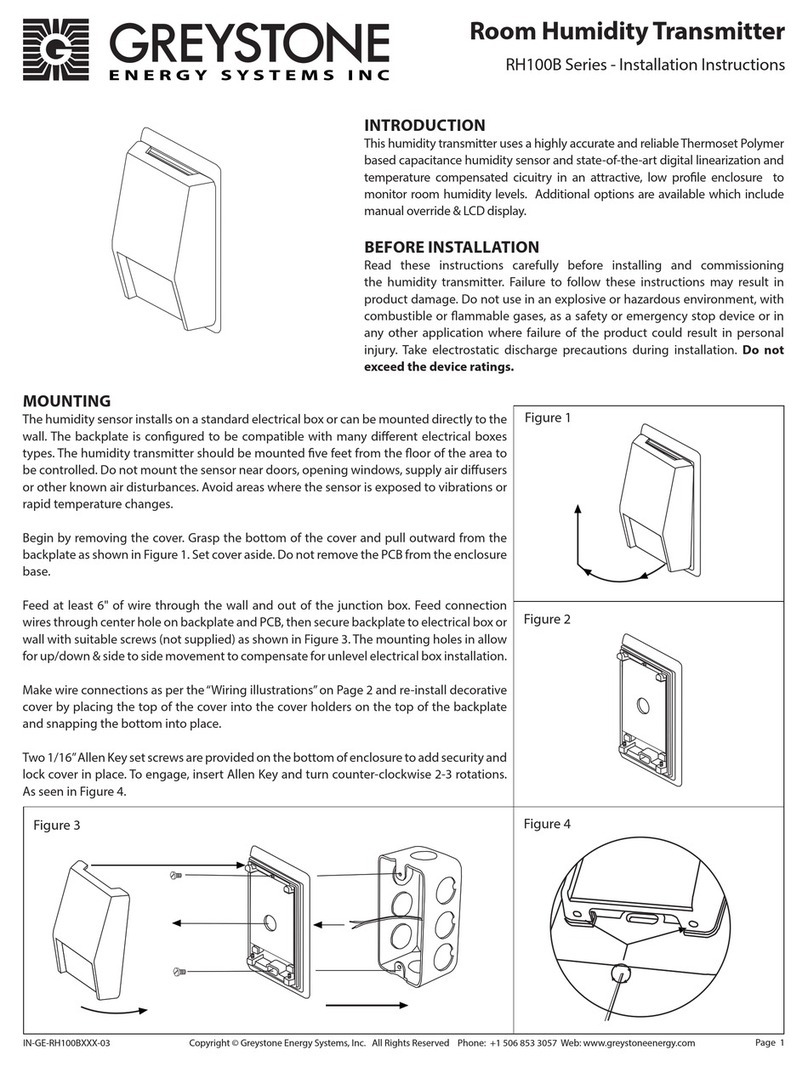
Greystone Energy Systems
Greystone Energy Systems RH100B Series User manual
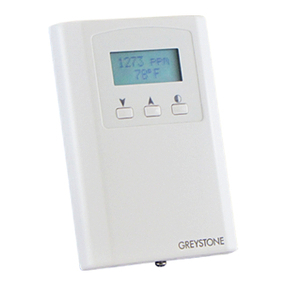
Greystone Energy Systems
Greystone Energy Systems CD2RMC Series User manual
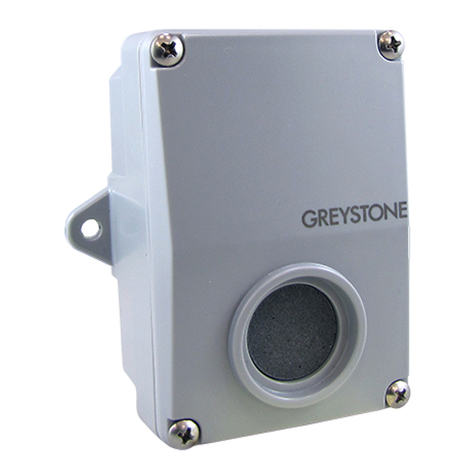
Greystone Energy Systems
Greystone Energy Systems NDD Series User manual
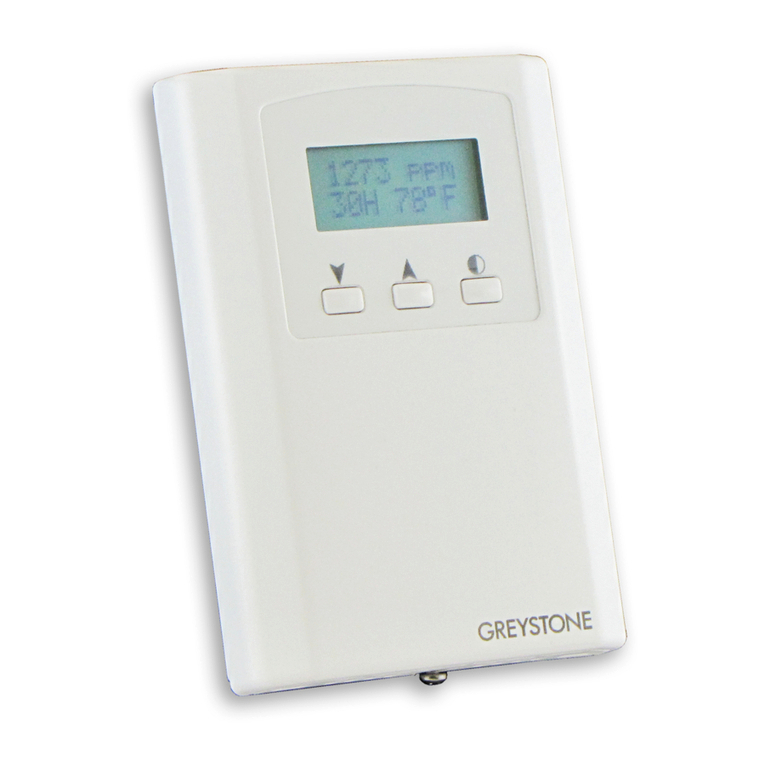
Greystone Energy Systems
Greystone Energy Systems CDD3A1 Series User manual
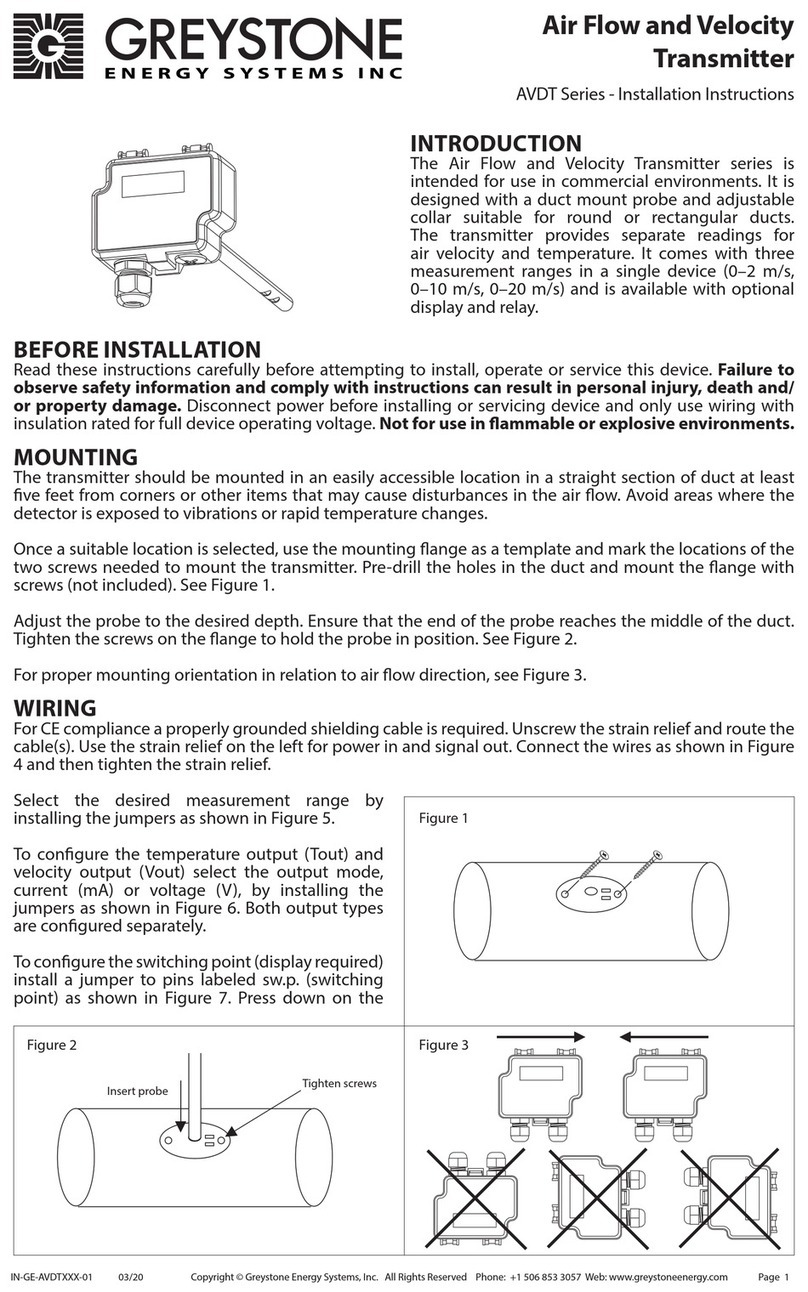
Greystone Energy Systems
Greystone Energy Systems AVDT Series User manual
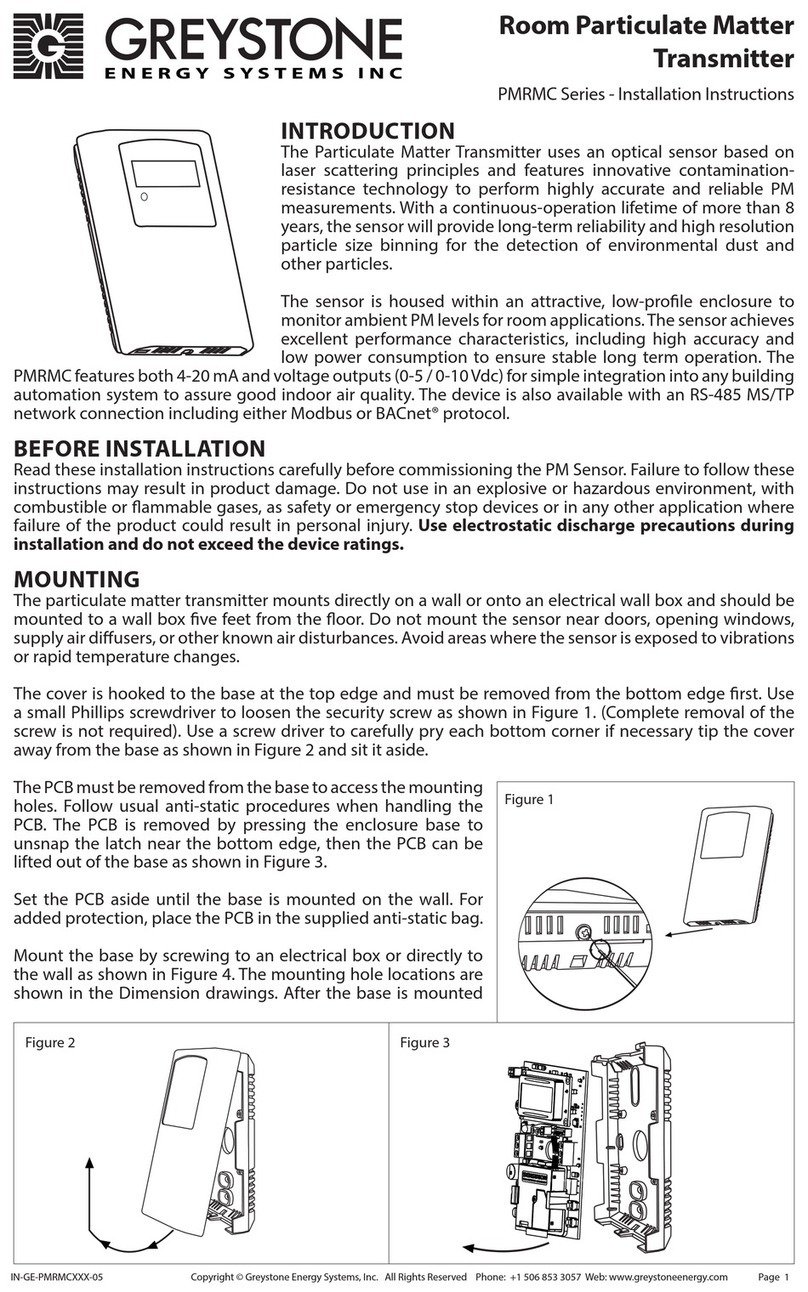
Greystone Energy Systems
Greystone Energy Systems PMRMC Series User manual
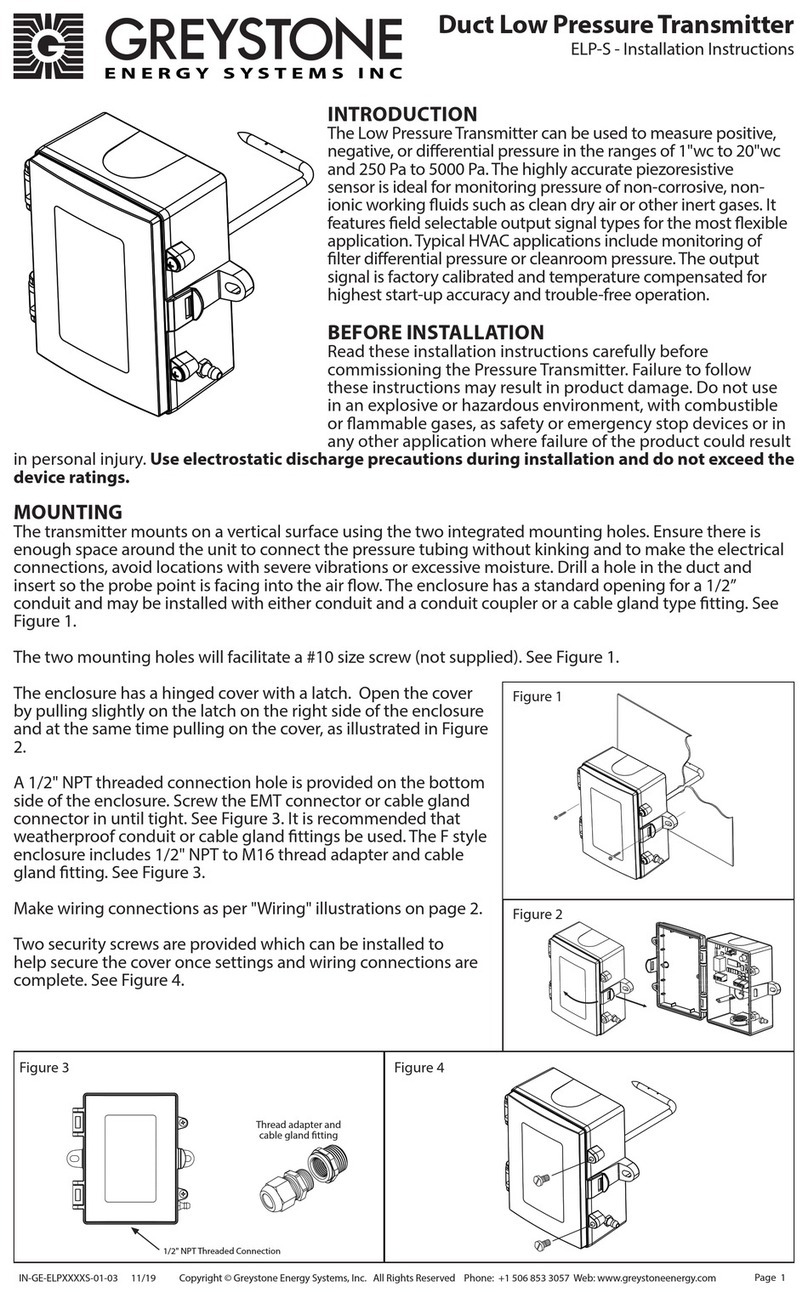
Greystone Energy Systems
Greystone Energy Systems ELP-S User manual
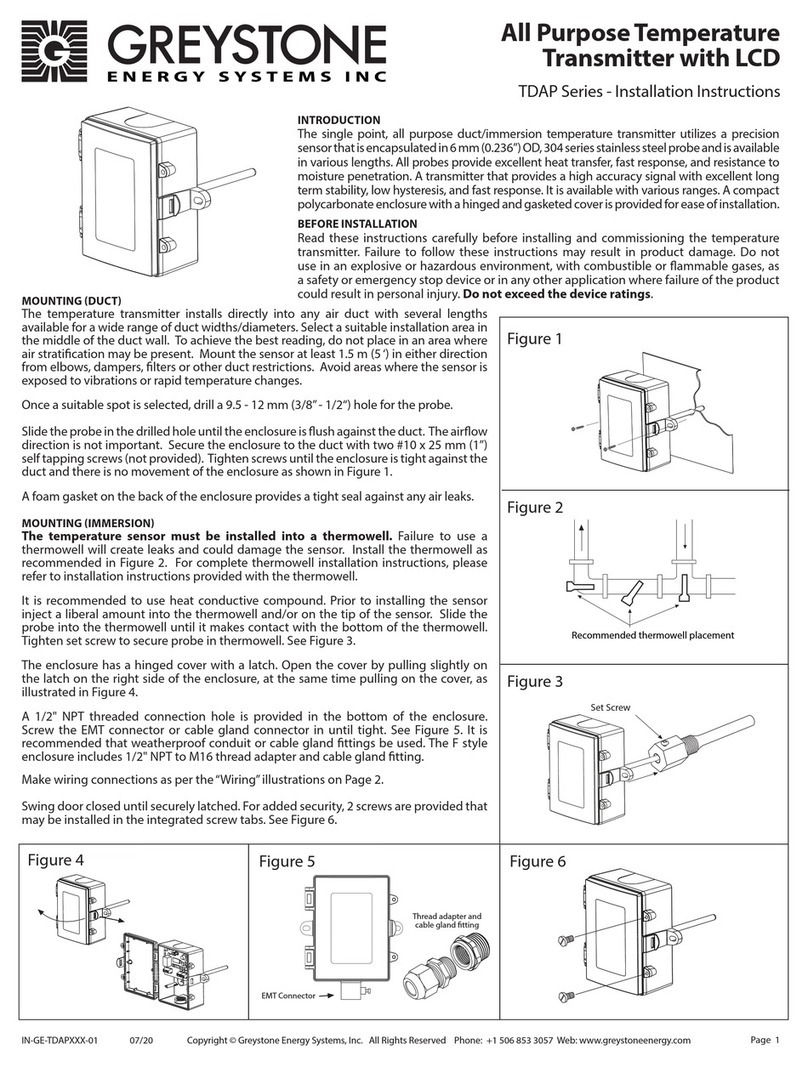
Greystone Energy Systems
Greystone Energy Systems TDAP Series User manual
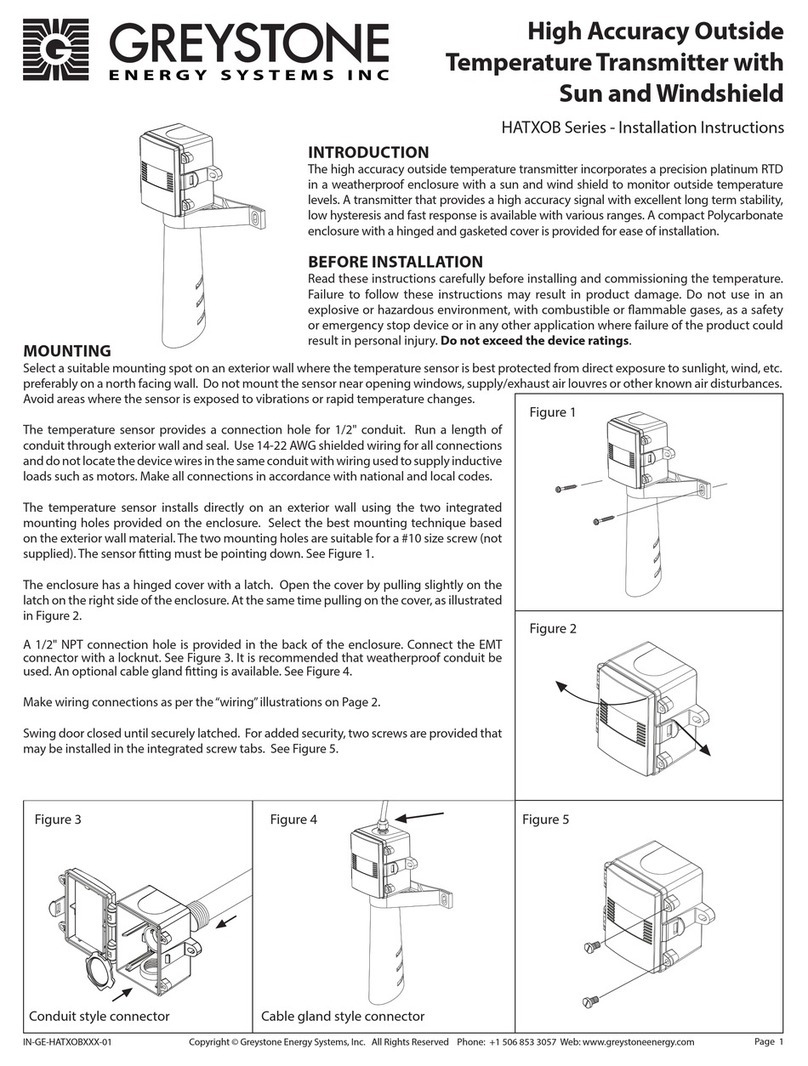
Greystone Energy Systems
Greystone Energy Systems HATXOB Series User manual
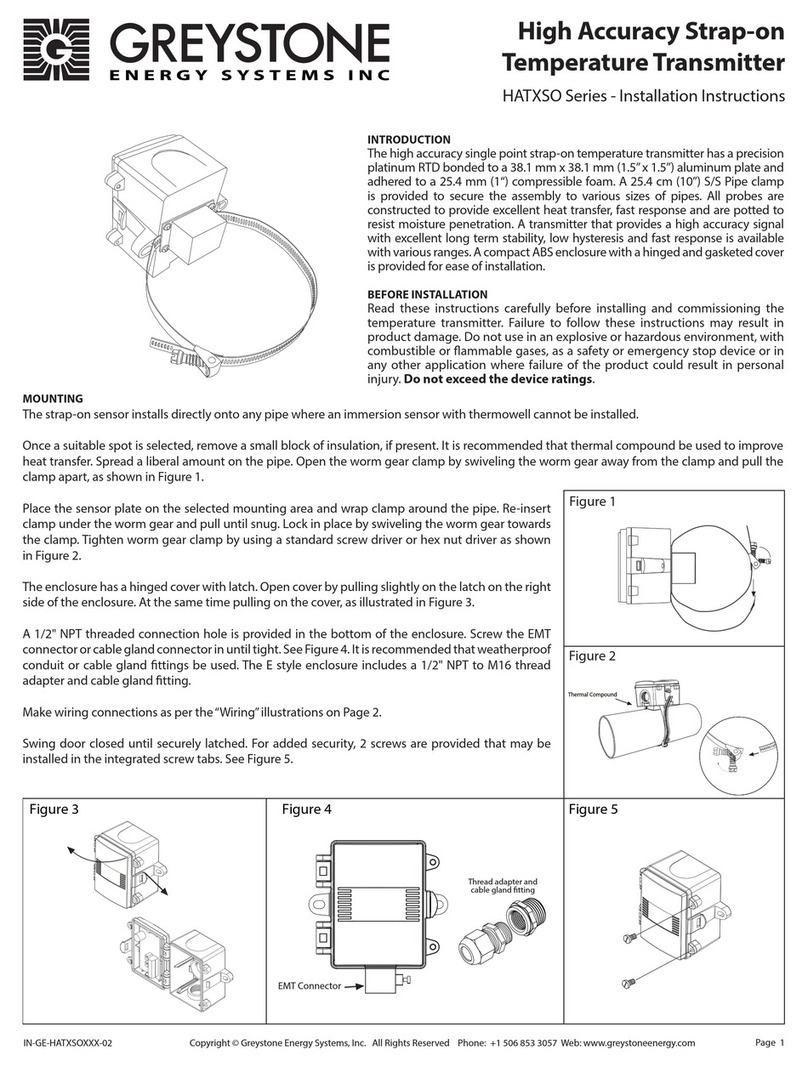
Greystone Energy Systems
Greystone Energy Systems HATXSO Series User manual
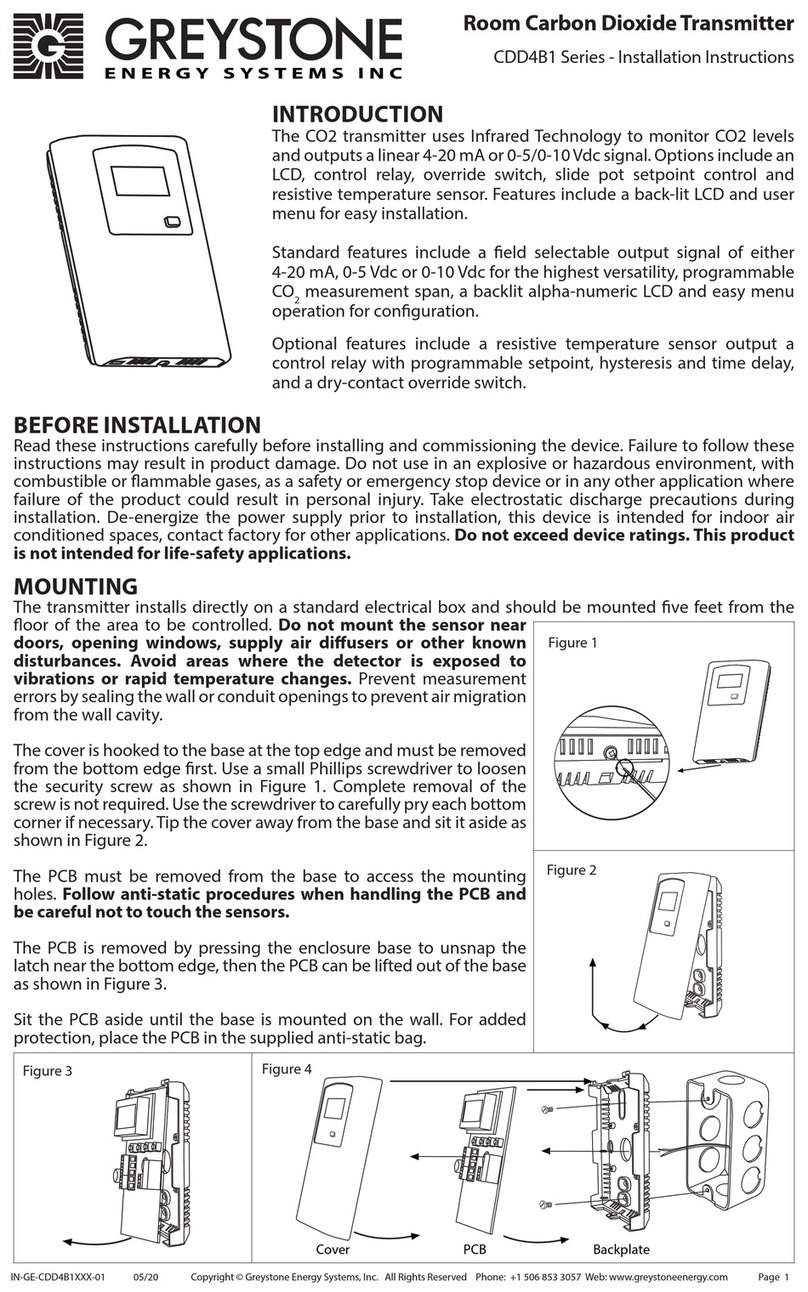
Greystone Energy Systems
Greystone Energy Systems CDD4B1 Series User manual
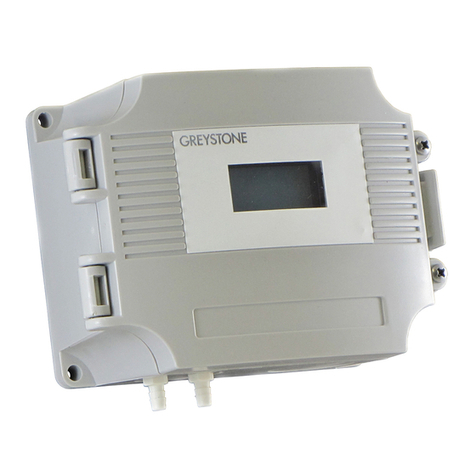
Greystone Energy Systems
Greystone Energy Systems ULP1 User manual
Popular Transmitter manuals by other brands
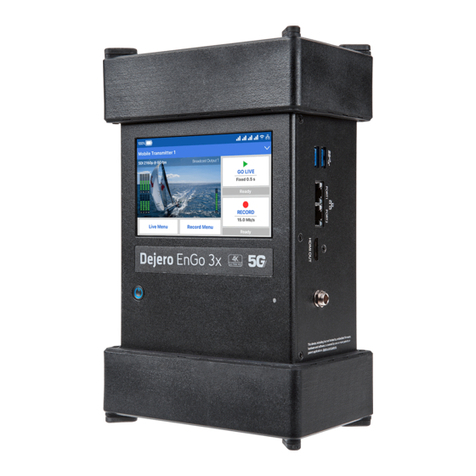
Dejero
Dejero EnGo 3x manual

Rosemount
Rosemount 4600 Reference manual

Speaka Professional
Speaka Professional 2342740 operating instructions

trubomat
trubomat GAB 1000 instruction manual

Teledyne Analytical Instruments
Teledyne Analytical Instruments LXT-380 instructions
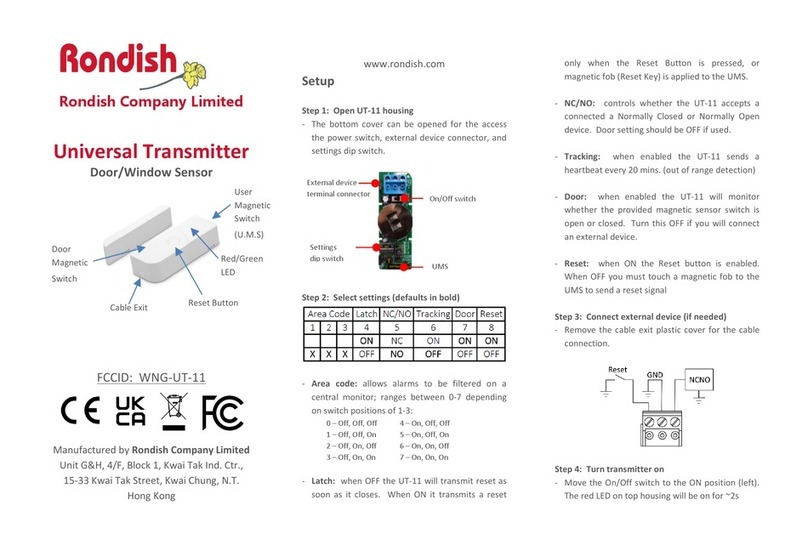
Rondish
Rondish UT-11 quick start guide
